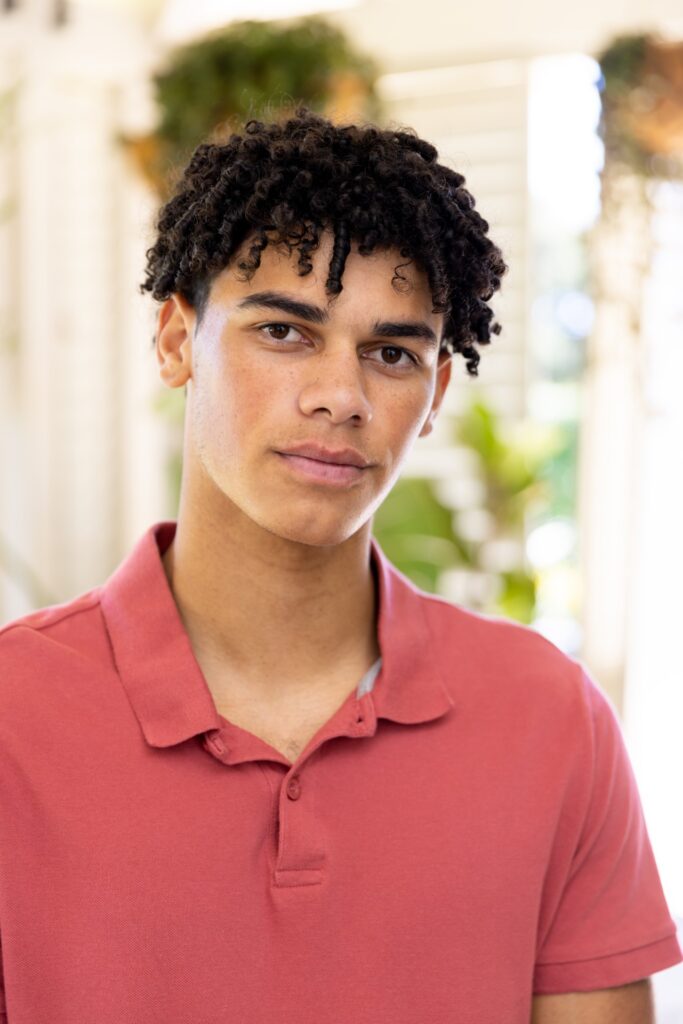Help Your Son Overcome “Failure to Launch”
Failure To Launch - Parents
"*" indicates required fields
When Your Son Can’t Find His Footing, You Need a Proven Path Forward

Recognizing Your Concern
You may see your son:
Spending days in his room, scrolling instead of job‑searching
Declining social invitations, growing increasingly isolated
Avoiding tasks—rent, bills, appointments—that once seemed routine
Expressing shame or anger about feeling “behind” peers
Relying on you for finances, decision‑making, even daily chores
These behaviors aren’t signs of rebellion or lack of love; they signal deeper emotional and cognitive barriers—anxiety, depression,
executive‑function challenges, and perfectionism—that prevent him from launching into independent adulthood.
Understanding “Failure to Launch” Syndrome
Untreated Anxiety & Depression
Executive‑Function Deficits
Perfectionism & Fear of Failure
Trauma or Low Self‑Worth
Difficulty initiating tasks, organizing, and planning.
Pandemic Disruption
Why First Light Recovery Works
Clinical Excellence
- Individual therapy (2× weekly) targeting anxiety, depression, and self‑esteem
- Daily group therapy (CBT, DBT, trauma‑informed care) teaching emotional regulation and stress management
Life‑Skills Mastery
- Budgeting and financial planning—empowering him to manage his own money
- Executive‑functioning workshops—building routines, breaking tasks into steps
- Career and education support—resume building, interviews, application guidance
Family Partnership
- Weekly family therapy to rebuild communication and set clear, supportive boundaries
- Parent coaching on expressing acceptance of your son’s feelings while conveying confidence in his abilities
Continued Support
- Personalized aftercare plans and referrals to outpatient services
- Alumni network offering virtual check‑ins, peer support, and mentorship

Measurable Goals & Outcomes
Your son will graduate with:
Improved Task Initiation & Completion tracked through goal‑setting metrics
Financial Independence demonstrated by managing his own budget and living expenses
Enhanced Communication within the family and peer group
Sustained Progress via aftercare adherence and alumni engagement
Frequently Asked Questions
How long is the program?
Our standard length comes with flexible step-down and extension options.
